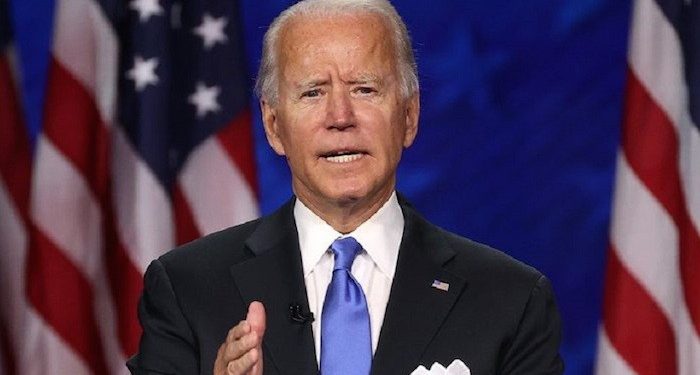The news that former US President Joe Biden recently underwent Mohs surgery for skin cancer is more or less a public service announcement about a health crisis that affects millions of Americans yet it still remains shrouded in complacency.
While his spokeswoman provided minimal details, the procedure itself (meticulously cutting away skin until no cancer remains) is one of the nation’s most common cancer. While the operation, a standard Mohs procedure, is highly effective and common, it’s the third recent public health scare for an 82-year-old who has already faced a diagnosis of aggressive prostate cancer.
For decades, the health of U.S. presidents was a closely guarded secret, a fact that led to crises of confidence and public deception. In a modern era of relentless media scrutiny and instant information, hiding health issues is virtually impossible.

Biden’s own political career has been a testament to this, with his age and health serving as a constant source of debate, ultimately playing a role in his decision to not seek re-election. His willingness to speak openly about his battle with prostate cancer and his family’s history with the disease—most notably the tragic death of his son, Beau—is a positive step towards transparency.
However, it also raises a more important question: at what point does age and physical frailty become a legitimate concern for a job as demanding as the presidency? The modern presidency is not a part-time job; it requires immense physical and mental stamina, and the public has a right to be assured that their leaders are up to the task.
Why It Matters
To address this growing issue and restore public trust, the United States should implement a new framework for presidential health. First, the voluntary release of a single doctor’s note should be replaced with a mandatory, comprehensive public health review by a non-partisan, independent medical board.
This board would be composed of experts who would regularly report on a president’s physical and cognitive fitness. Second, constitutional reforms, such as setting a mandatory retirement age for federal elected officials, should be considered to ensure a pipeline of leaders who are physically and mentally prepared for the rigors of modern governance.

















